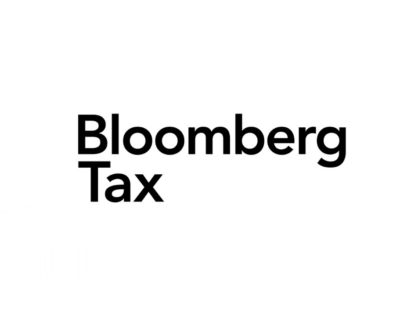How do multinational companies do business in tax havens? That what’s the Australian government wants to know. And that’s precisely why at the end of November—after two years of negotiations—the Australian Parliament finally passed legislation requiring public country-by-country reporting. Of course, going public with tax disclosures is nothing new—the EU passed the Public Country-by-Country Reporting Directive in 2021—but Australia takes tax transparency to a whole other level, requiring multinational companies to disclose even more information than usual.
How will it work? Under Australia’s new law, parent entities are required to report the book value of tangible assets, revenue from unrelated parties, as well as explain when and why they pay lower than statutory income tax rates in jurisdictions the government deems tax havens. All must be reported on a country-by-country basis, and the information will be published for anyone to see on the government’s website.
Jason Ward, the principal analyst at the Center for International Corporate Tax Accountability, told Law360, “Australia’s public country-by-country reporting legislation leaps in front of much weaker efforts by the EU. Other jurisdictions will follow.”
The legislation, which still faces the formality of Royal Assent, will apply to Australian- and foreign-owned companies, and the list of jurisdictions that will require disclosures has yet to be finalized. But the government has decided on the information it wants to see about each designated tax haven. On a per-country basis, taxpayers will be required to reveal the following financials:
- Revenue from unrelated parties
- Revenue from related parties
- The book value of noncash tangible assets
- Income tax liabilities accrued in the current year
- Income taxes paid
- Number of full-time employes
Once official, the legislation will apply to reporting periods after July 1, 2024, and failure to comply will result in a minimum penalty of AU$156,500 ($101,000).









